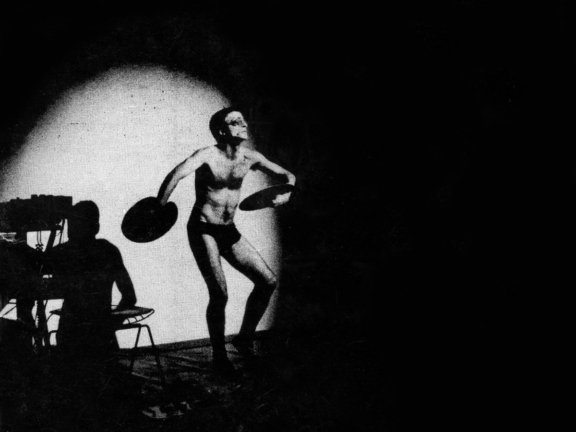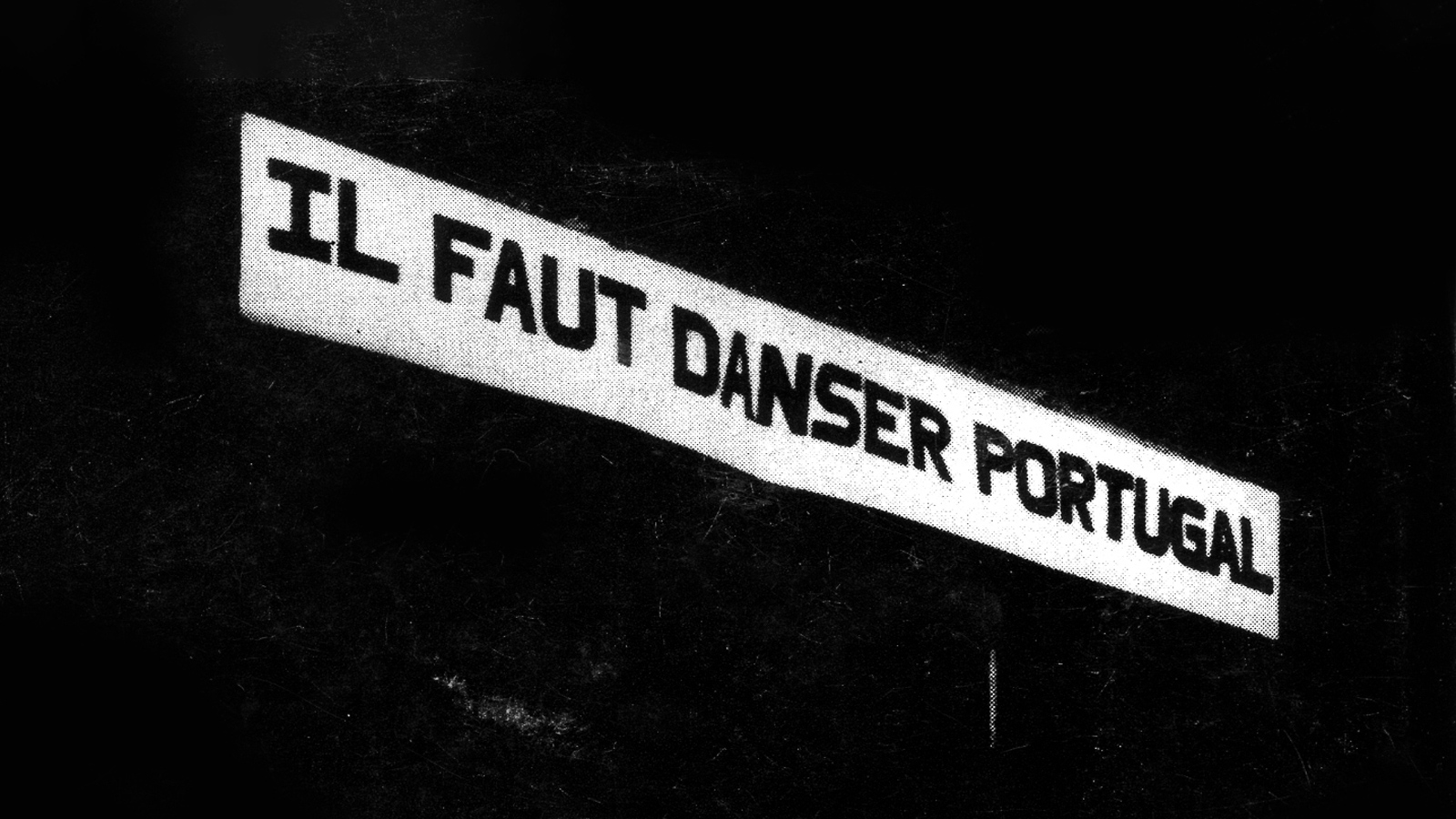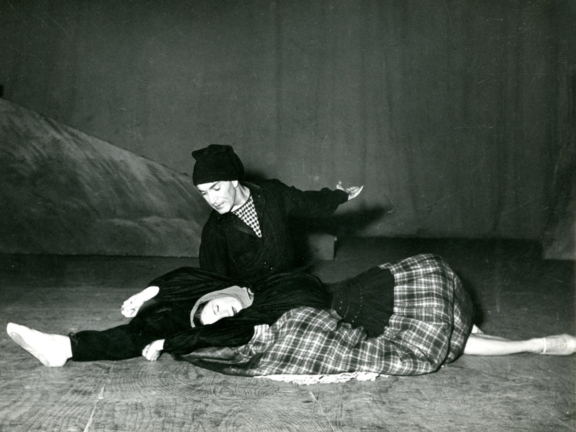
Portuguese in performance
With Vânia Rovisco, António Olaio and Cristina Graça, moderated by Paula Parente Pinto
Event Slider
Date
- / Cancelled / Sold out
Location
Main Staircase Calouste Gulbenkian FoundationThis talk is linked to the presentation of two performances on the same day: Il Faut Danser Portugal, a creation by António Olaio (1984) reactivated by Vânia Rovisco (as part of her project Reacting to Time – Portuguese in performance) and Nazaré, one of the most emblematic pieces by Bailados Portugueses Verde Gaio dance company, originally choreographed by Francis Graça (1948) and reinterpreted by students from the Portuguese Higher School of Dance (ESD).
Between Nazaré‘s double session, Vânia Rovisco, António Olaio, Cristina Graça (ESD) and Paula Parente Pinto discuss some of the issues raised by the juxtaposition of the two (re)performances.
How far does the “Portugality” parodied by António Olaio in 1984 correspond to that stylised by Francis Graça in 1948? How do they both contribute to a study of the relationship between 20th-century Portuguese choreography and ideas of national identity or their criticism? Might the contrast between these two pieces foresee so many others that, declaredly Portuguese, flesh out a culture that is as iconoclastic as it is situated and limited? How can we understand transmission in dance by taking the way in which these works persist today as an example? What is transmitted when transmitting dance?
Vânia Rovisco (1975, Durban) is a visual and performing artist. She took the Contemporary Dance Performers Course at Fórum Dança and worked as a performer with Meg Stuart/Damaged Goods. She has collaborated with Pierre Colibeuf, Helena Waldmann, Gordon Monahan and Vera Mantero, among others. She teaches and directs movement. She is the co-founder of AADK and has been designing installations and performances for art galleries since 2007.
António Olaio (1963, Lubango) is a painter and performer. His performances in the early 1980s led him to music. He was one of the founders of Repórter Estrábico in 1986 and, since 1995, has often presented the songs he makes in his exhibitions. He has had solo exhibitions and performances in Portugal, Spain, Holland, Germany, the USA and the UK. He teaches at the University of Coimbra.
Cristina Graça has been a teacher at the Portuguese Higher School of Dance (ESD) since 2003. She has taught at the Portuguese National Conservatory Dance School and at the Portugal National Ballet Dance Courses. She has collaborated with the theatre company A Comuna as a dance teacher and choreographer. She has choreographed for the Madeira Dance Company and has created short pieces for students at ESD.
Paula Parente Pinto (1971, Porto) has a PhD in Visual and Cultural Studies from the University of Rochester, New York (2016). An independent researcher and curator, she is interested in the reading of history through documentary collections of artists, art critics and cultural institutions. She is dedicated to activities and collaborations on performance as a public and political art intervention, reflecting on solutions towards collectivism, citizen participation and means of documentation and cultural dissemination after 1974.
dance not dance
This event is included in the (re)performances, films and talks series which constitutes the first part of dance not dance – archaeologies of the new dance in Portugal. More info.
The Calouste Gulbenkian Foundation reserves the right to collect and keep records of images, sounds and voice for the diffusion and preservation of the memory of its cultural and artistic activity. For further information, please contact us through the Information Request form.


